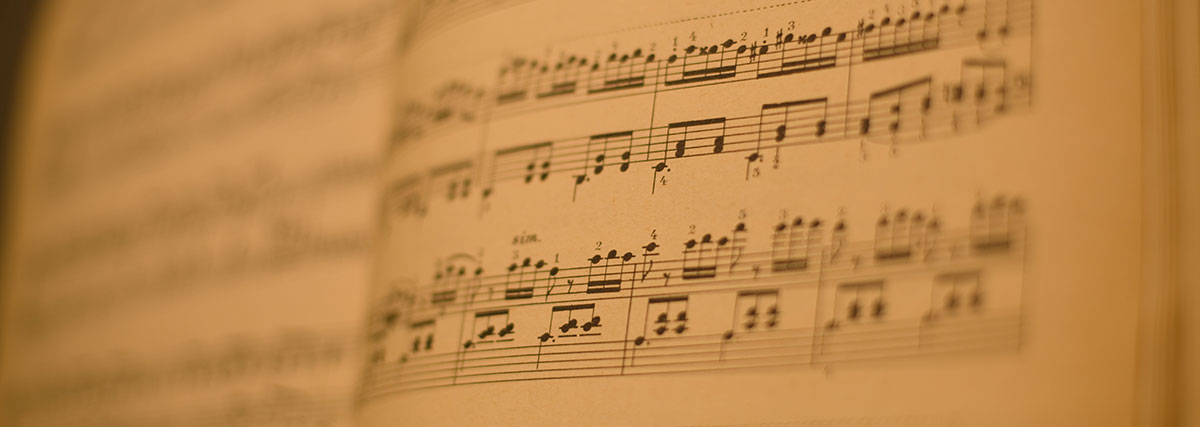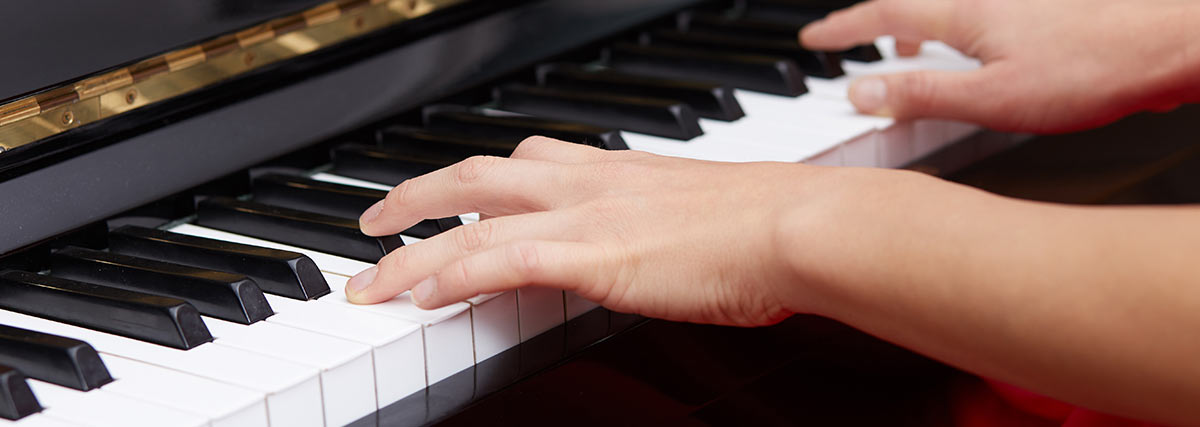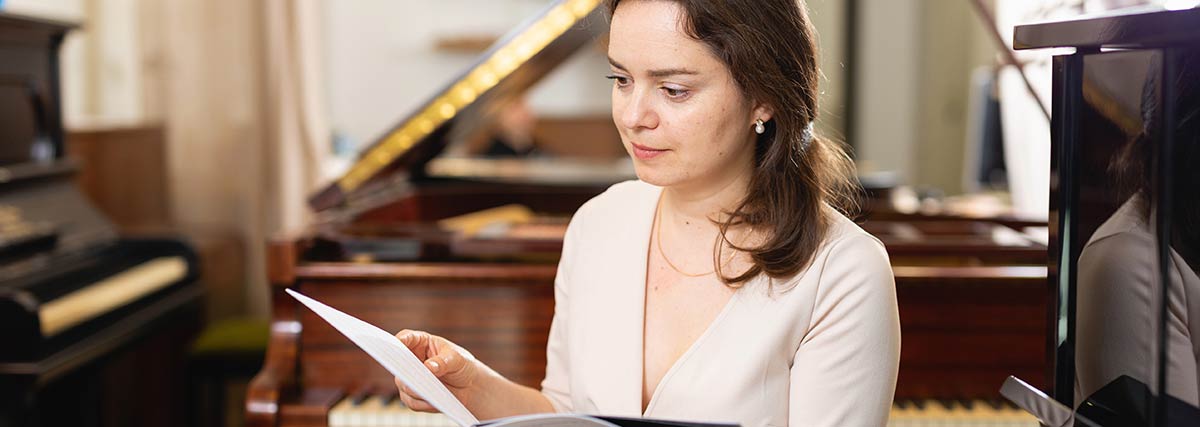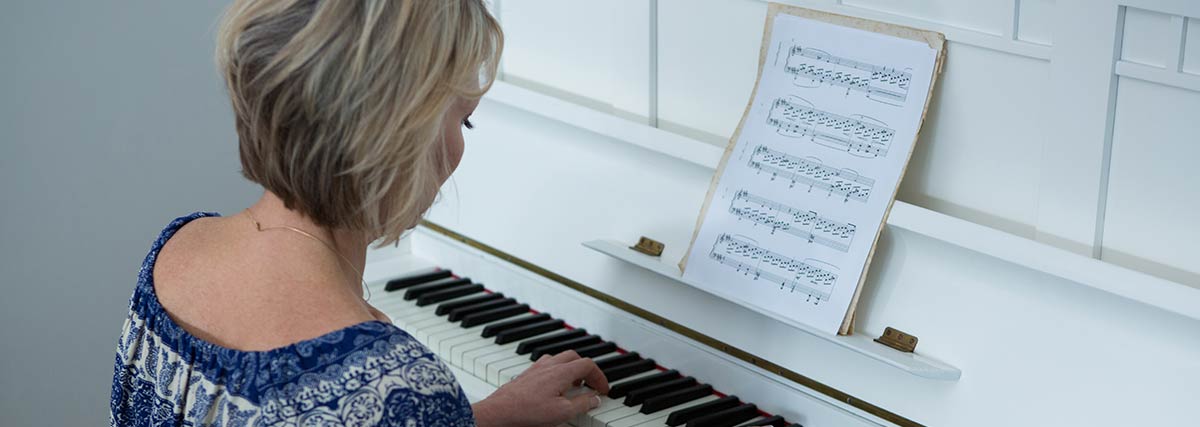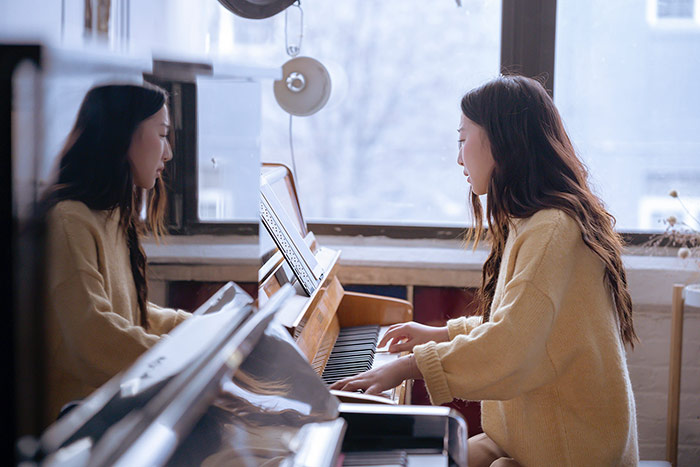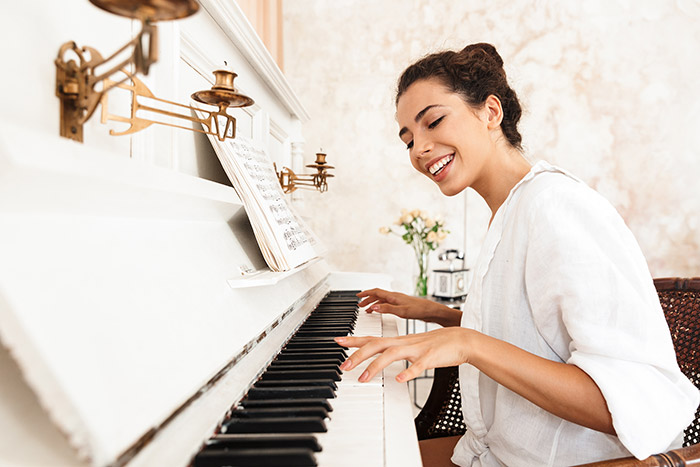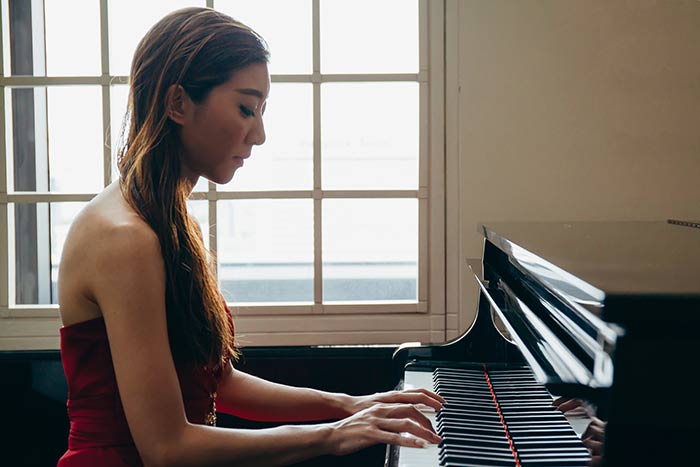Learning to play the piano does not take place solely within the confines of the piano room during your piano lessons, and the teacher is not the only person responsible for your progress. What you do outside of lessons can have a significant impact on your progress as a pianist. There are some things you can do to improve the effectiveness of your learning progress. So, if you want to improve the effectiveness of your piano learning, you’ve come to the right place.
Before Your Piano Lessons:
Prepare Your Piano Pieces – One thing you should not forget to bring to your piano lessons is your piano pieces. Going to your piano lessons makes no sense if you don’t take your scores with you, especially if you haven’t memorized the piece. It is critical to bring your scores to every lesson so that you can review every detail that is written and so that your teacher can assist you by writing notes and reminders.
Get Enough Sleep – We are all aware that we require at least 7 to 8 hours of sleep per night. Sleep deprivation can lead to a variety of health issues, including stress and a weakened immune system. When learning to play the piano, you must be able to focus, remember things, and make decisions. When you play the piano, you frequently rely on memory to perform passages that you have memorized. When you don’t get enough sleep, it can make it difficult to focus on what you’re doing.
Arrive on Time – Arriving late to your piano lessons reduces the amount of time you have to learn from your teacher, unless your teacher is gracious enough to extend your lesson to compensate for the reduced time. Allow yourself to relax and mentally prepare for your lesson if you arrive on time or early, because it is inconvenient to attend the lesson stressed from rushing.
Warm Up – If you have access to a piano minutes before your lesson, warming up before it is a good way to get the most out of it. Warming up allows blood to flow through your body, which improves performance and prepares your body and mind for the lesson. Warming up also reduces the likelihood of injury when participating in any physical activity.
During Your Piano Lessons:
Pay Attention – Learning from an excellent piano instructor is an honour. When you are being taught by someone with years of experience, you want to learn everything you can from that person so that you can make your progress more efficient and effective. That is why it is critical to pay close attention and listen carefully when the teacher gives detailed instructions or important information.
Take Notes – When learning something new, it is always a good idea to take as many notes as possible because there will be times when you will not be able to remember everything that your teacher teaches you during the lesson. Taking notes will provide you with the benefit of having a backup of the teachings in case you forget them. It will be very useful if you need to go over the information you previously learned.
Ask Questions – If you have any questions or need clarification, don’t be afraid to ask your piano teacher. It is beneficial to have a thorough understanding of everything you learn in your classes. There are times when details need to be clarified for a better understanding. Your piano teacher will be delighted to assist you in learning by explaining the lesson in greater detail.
After Your Piano Lessons:
Review – If you want to fully grasp the lesson that you just learned, review what you did in the lesson at home as soon as possible. It not only refreshes your memory but also aids in the retention of what you have learned. Especially the muscle memory you were able to develop during the lesson.
This one is a no-brainer: Practise – Every music student should rehearse in between lessons. Because playing the piano is a physical activity, it is essential to practise as frequently as possible in order to develop finger strength and dexterity, as well as muscle memory. Daily piano practice allows you to master the pieces more effectively. Otherwise, your piano lessons will be squandered because you will be practising in front of your teacher during lessons.
Advanced Studying – While it is a good strategy to devote ample time to practising a piece, over-practising one piece without making any progress can be counterproductive. If you have some extra time during your practice time, you can learn the next pieces that your teacher has assigned to you ahead of time. It not only teaches you to learn on your own, but it also makes your learning more productive.
Learning the piano is a way of life; you don’t just learn it during lessons. It never stops. Aside from attending your piano teacher’s lessons, there are numerous ways to continue learning. You can constantly improve your piano skills on your own time. You simply need to learn how to manage your time effectively.
It takes time to learn a new skill. It takes a lot of commitment and hard work. There are no musicians who master their craft in a short period of time. It also took them a long time to become proficient at what they do. So, if you have a passion for piano playing, keep striving and remember to have fun along the way. You will undoubtedly achieve your objectives someday.
If you haven’t started taking piano lessons yet, now is the time! S&C Music provides excellent tuition that will undoubtedly assist you in achieving your goals and playing with proficiency as a pianist. So get in touch with us today and book your piano lessons!

